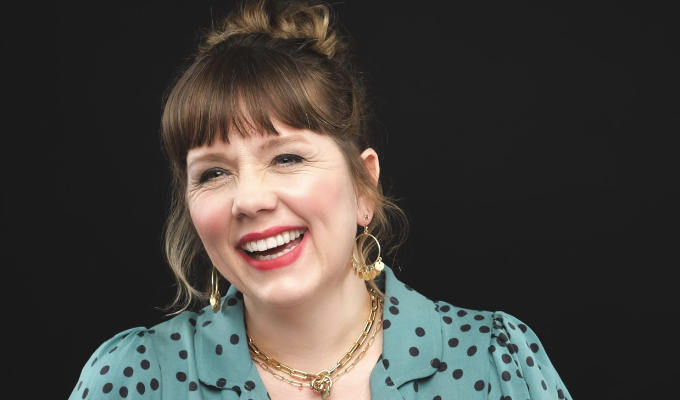Stand-up's not just about talking
...it's about listening too, says Lynne Ruth Miller
The most difficult challenge for any stand-up comedian is believing what his audience tells him. I have heard so many people do their set to a silent audience and say, ‘What a dead audience!’ or ‘They just weren’t warmed up.’
Even more shocking to me is the comedian who will turn on his audience and say something like ‘Are you there?’ or my favorite putdown: ‘Do you speak English at all?’
While this shifts the blame for material that isn’t working on the audience, it does not solve the problem. The first and most important rule for stand up comedy is: The audience is never wrong. If the joke isn’t funny, they won’t laugh.
However, just because you don’t hear loud guffaws doesn’t mean they aren’t enjoying your comedy. Smiles are silent. It is as important to observe your audience as well as listen to them to access your performance. That is why taping a set is not that valuable. If you are sensitive to your audience, you will know if you didn’t amuse them. You need to see your audience and talk to them so they feel part of your show.
I am an insecure comedian (and I suspect most of us are). I want them to roar with laughter and if they sit like clumps of dirt, I want to figure out why. My first step is to take responsibility for my material. When I wrote it, I thought it was solid. If I am sure I have a good sequence, then it might very well be that the joke missed because of the way I told it. Or it may be that I need to push the envelope a bit more. In my case, I do a lot of jokes about being old, and too often the punchline is expected.
When a comedian is on stage his mind should be working on at least three levels: his material, the reaction he is getting and his timing. I will never forget doing a set at San Francisco’s Punchline and plunging ahead because I didn’t hear a response. The headliner that night said ‘You have funny jokes. You need to wait until you get the laugh.’
The cliché is that you cannot please all the people all the time but the trick is taking responsibility of the ones you miss and trying to readjust your material until it amazes across the board.
Steve Martin said that when he became so famous he was doing comedy for thousands, he couldn’t relate to his audiences and it stopped being fun. I, for one, would be very willing to give up the fun if I was booked in front of a crowd of thousands, but I understand what he means and I think that remark is the key to why his stand-up was so successful.
The audience came to be amused and that doesn’t mean continual laughter; it means contrast and surprise. Perhaps that is why stand-up comedy is such a challenge. It is a craft I am continually trying to refine and its attraction to me as a performer is even stronger than the attraction comedy has to an audience. To amuse is to be loved – and we all want love. We all want to be part of the show and we all want to laugh at ourselves and at the tricks life plays on us all.
If you realise you are talking to people who want to do the very thing you want them to do, you will have a hit show on your hands… eventually. Comedy is a journey not a destination. Remember that and your act will improve each time you perform.
Published: 27 Aug 2010






